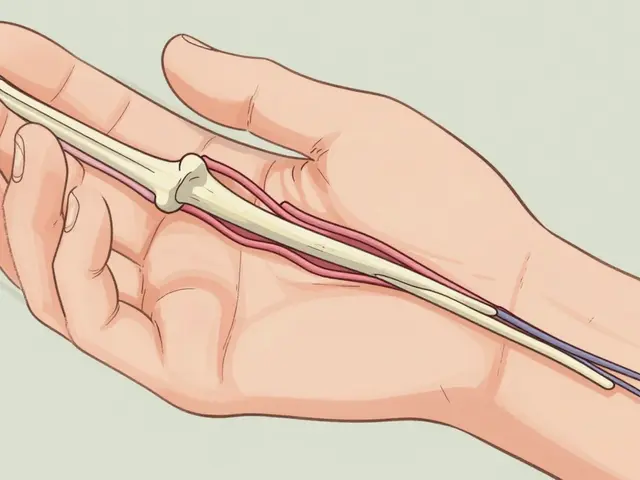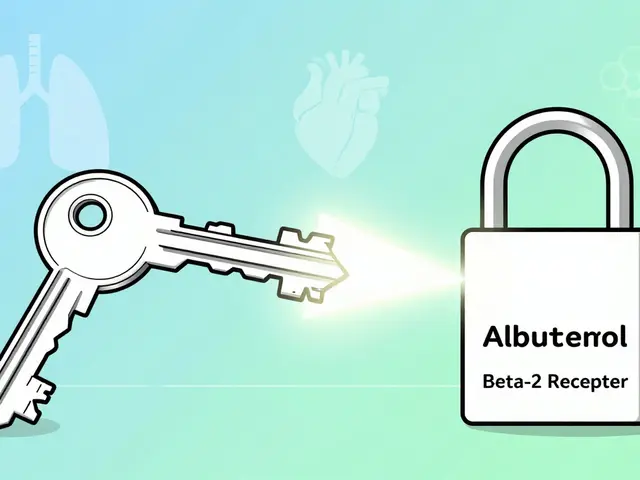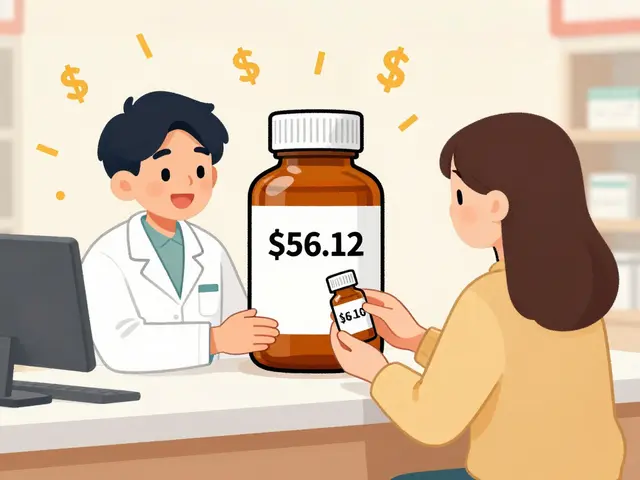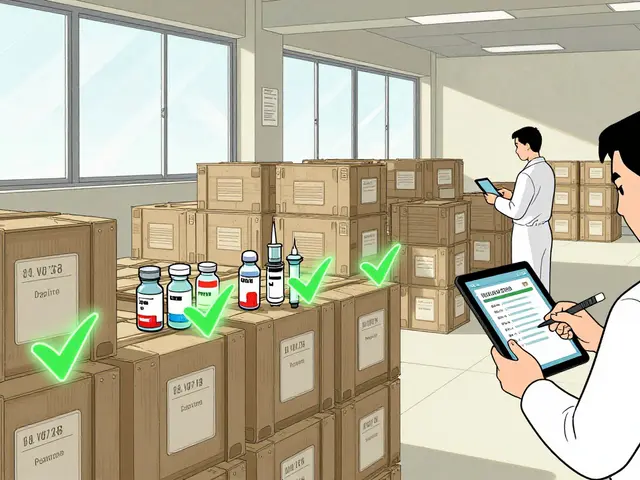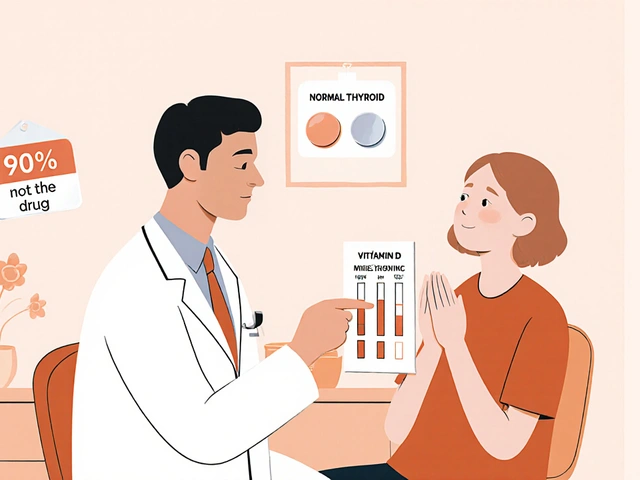Heart Health: Simple Steps to Protect Your Heart Now
Heart problems often start quietly. You may feel fine and still have rising cholesterol or high blood pressure. The good news: small, consistent changes cut risk a lot. This page gives clear, practical steps you can use today — from lifestyle tweaks to what to watch for if you take heart-related medicines.
Daily habits that really work
Move more. Aim for 150 minutes of moderate activity a week — brisk walking, cycling, or swimming. Split it into short sessions if that fits your day better. Cut down on processed foods and sugar, and add more vegetables, whole grains, and lean protein. Swap salty snacks for nuts or fruit to help blood pressure.
Keep an eye on weight, sleep, and stress. Losing 5–10% of body weight can improve blood pressure and cholesterol. Try to sleep 7–8 hours; poor sleep nudges up heart risk. Manage stress with short daily habits — a 10-minute walk, breath work, or turning off screens before bed.
Limit alcohol and stop smoking. Even small reductions in drinking lower blood pressure. If you smoke, quitting is the single biggest move to help your heart.
Medications, tests, and safe buying tips
Know your numbers: blood pressure, LDL cholesterol, and HbA1c if you have diabetes. If lifestyle changes aren’t enough, drugs can help. Beyond statins, newer options like PCSK9 inhibitors, ezetimibe, and bempedoic acid are real alternatives for people who can’t tolerate statins — see our guide on non-statin lipid-lowering agents for more on how they work.
Diuretics and blood pressure meds come in many forms. If you’re switching from a drug like Lasix, there are alternatives that may suit you better depending on your condition and side effects. Read our Lasix alternatives piece to compare options and talk these through with your doctor.
Thinking of buying meds online? Be careful. Some sites sell fake or unsafe products. Look for pharmacies that ask for a prescription, show valid contact info, and have clear refund and privacy policies. Our articles on buying Vistaril and using online pharmacies explain red flags and safe shopping tips.
Never stop or change doses without talking to your clinician. Drug interactions matter — some common meds can affect how heart drugs work. If you’re on several medicines, ask your pharmacist or doctor to review interactions and side effects.
Watch for warning signs: chest pain, unexplained shortness of breath, fainting, or sudden swelling in the legs. These need urgent care. For routine concerns, schedule regular checkups and bring a list of your medicines so your provider can help fine-tune treatment.
Want specific reads? Check our posts on non-statin cholesterol drugs and Lasix alternatives for deeper, practical info. When you pair smart daily habits with the right medical care and safe medicine practices, you protect your heart more than you might think.

Looking for honest, clear answers about Lipitor? This article covers what Lipitor does, who should take it, how it really works, side effects, tips for safer use, and much more. If you've ever wondered whether Lipitor (atorvastatin) is right for you, or what to expect once you start, you'll find a fresh take and real talk here—complete with surprising facts and helpful advice.


